Last month, many legal observers were shocked and dismayed to learn in reporting by the New York Times that the two lead prosecutors at the Manhattan DA’s office investigating fraudulent financial claims made by the Trump Organization had quit the case. Little was known then about the reasons behind the departures, only that they were devastating to the chances that Donald Trump and his family would be indicted. The newly elected Manhattan DA, Alvin Bragg, declined to comment other than to say that a new lead prosecutor had been appointed and that the matter was still an open investigation.
Yesterday, the New York Timesreported that it had obtained the resignation letter of Mark F. Pomerantz, who had been brought out of retirement by the former Manhattan DA, Cy Vance, especially to investigate the former president. Pomerantz submitted his resignation letter after Bragg had halted an effort to seek an indictment. In the letter, Pomerantz wrote that he believed Donald Trump was “guilty of numerous felony violations” and that it was “a grave failure of justice” not to pursue an indictment. He also stated his firm belief that the Manhattan DA’s office could have convicted the former president, and that Bragg’s decision was “contrary to the public interest.”
Theories already abound about why Bragg halted the investigation, everything from claims he was bought and paid for by Trump, to speculation he was asked to slow-walk the indictment so that the feds could move first, to charges he lacks the political spine to take on Trump after fumbling his early months in office and coming under sharp public criticism.
There is no actual evidence to support any of these theories, however. What we do know is that Bragg and his aides for weeks questioned the wisdom of pursuing an indictment against Trump when there was no cooperating witness within the Trump Organization who could testify as to Trump’s knowledge of the fraud and no direct evidence that Trump intentionally misled financial institutions and the government as to the value of his properties. All of the financial statements at issue were prepared by others within the organization, including CFO Allen Weisselberg, and by Trump’s accountants at Mazars USA. Mazars recently cut ties with the Trump Organization following an investigation by the NY State Attorney General, Letitia James, which uncovered large discrepancies in the valuations of properties. But even after grand jury testimony by accountants at Mazars, Bragg apparently remained unconvinced. Trump may have signed his name to the financial statements, but so long as no witness and no documentary evidence is sufficient to tie him to a specific intent to defraud, proving the crime beyond a reasonable doubt remains an uphill battle.
Bragg was not alone in his doubts about the sufficiency and integrity of the case. As the Times noted, last year three prosecutors on the team quit, citing concerns that the investigation was moving too quickly and that there were gaps in the evidence. Since then, however, Pomerantz believed they had the goods to move forward with an indictment and that they could prove their case beyond a reasonable doubt. “No case is perfect,” Pomerantz wrote. “Whatever the risks of bringing the case may be, I am convinced that a failure to prosecute will pose much greater risks in terms of public confidence in the fair administration of justice.”
This echoes current concerns at the federal level, where no charges have yet been brought against Donald Trump for what appears to be a brazen effort to obstruct the electoral count in Congress and overturn a democratic election. While the January 6 Committee continues its painstaking work and prepares to begin public hearings, and while the Justice Department has now indicted top-level outside organizers of the attack on the Capitol on very serious charges, no similar charges have yet been brought against any political aides of the former president or against Donald Trump himself. Critics are concerned that Attorney General Merrick Garland is so concerned about the appearance of a politically-motivated case that he is pulling punches and failing to act in the face of clear violations of the law.
As with Pomerantz’s concerns over a failure to bring a criminal fraud case, the damage to our system for failing to hold the former president and his co-conspirators accountable could result in strong erosion of public confidence in our justice system. But as Attorney General Garland has said repeatedly, his office will follow the law and the facts wherever it leads them. The evidence and charges brought to date have tended to expand rather than limit the range of who might be made a defendant and with what crimes they might be charged. Notably, a conspiracy count carrying a hefty 20-year possible sentence has now been brought against at least one insurrection organizer, Enrique Tarrio of the Proud Boys, who like Trump wasn’t even at the Capitol attack itself.
As Jennifer Rubin of the Washington Post opined earlier this month, “[T]he Justice Department is establishing the legal theories that could be used to follow the chain up to and including Trump. This is standard practice in mob trials. But it still leaves knotty questions regarding intent. However, the notion that Attorney General Merrick Garland is slow-walking charges against Trump or has decided not to go after him is inconsistent with the department’s actions to date.”
It remains to be seen whether Attorney General Garland will continue up the chain or, like Manhattan District Attorney Bragg, will stop short of the former president, his family, and his inner circle. It seems clear that the Justice Department will not move before the January 6 Committee has made its case to the public, issued its report, and in all likelihood made criminal referrals including the charge of corruptly obstructing Congress.
One thing is clear: Trump has proven himself adept at avoiding criminal prosecution by keeping his key people loyal, couching his words carefully, and leaving little by way of paper trail evidence, particularly around his financial doings. Even with respect to his incitement of the insurrection, Trump’s instinct for ambiguity and plausible deniability has served him well. As with his alleged financial frauds, Trump’s intent on January 6 ultimately will need to be inferred by the totality of his actions and inactions, by what documentary evidence others have left behind, and by whatever witnesses are willing to step forward. The January 6 Committee clearly is hoping it will have better success on that score than the Manhattan DA’s office.
For more political analysis, subscribe to the Status Kuo newsletter.




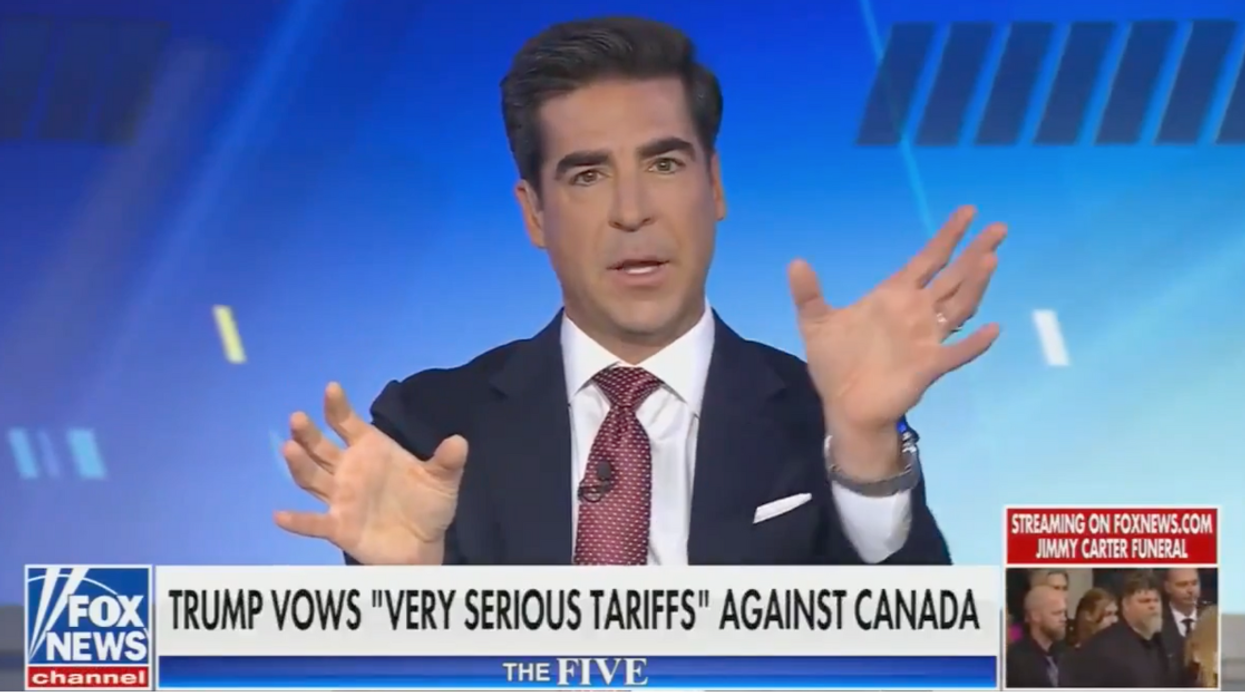
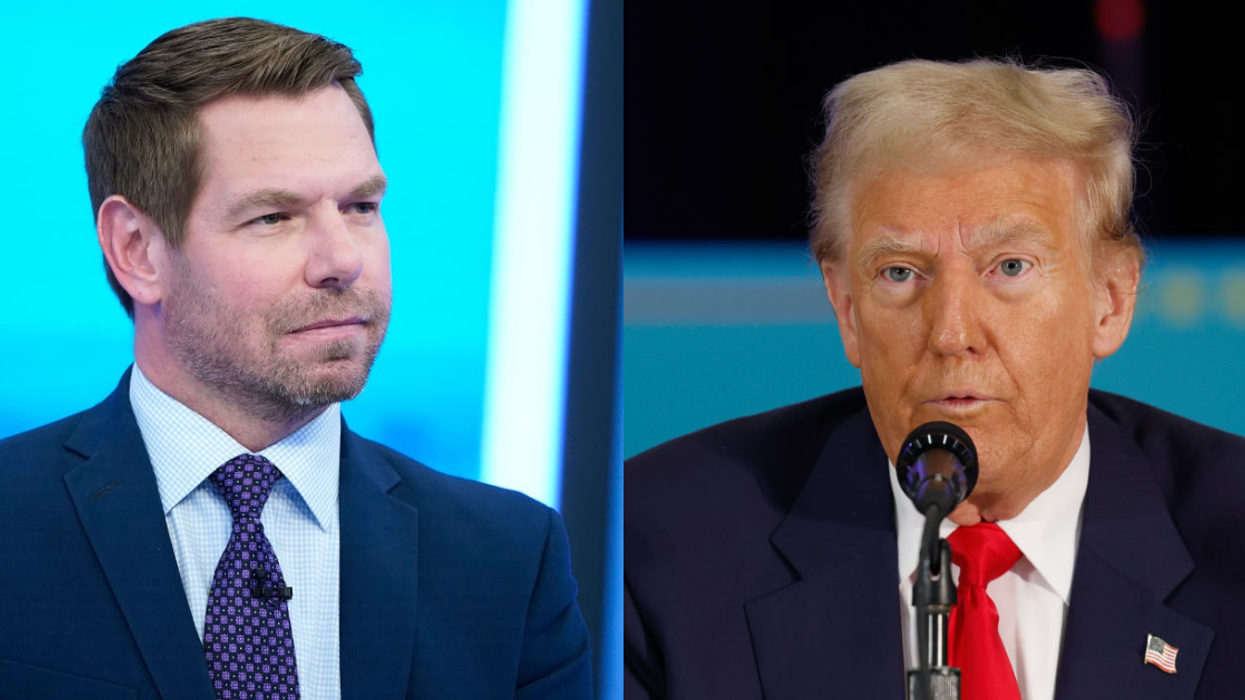

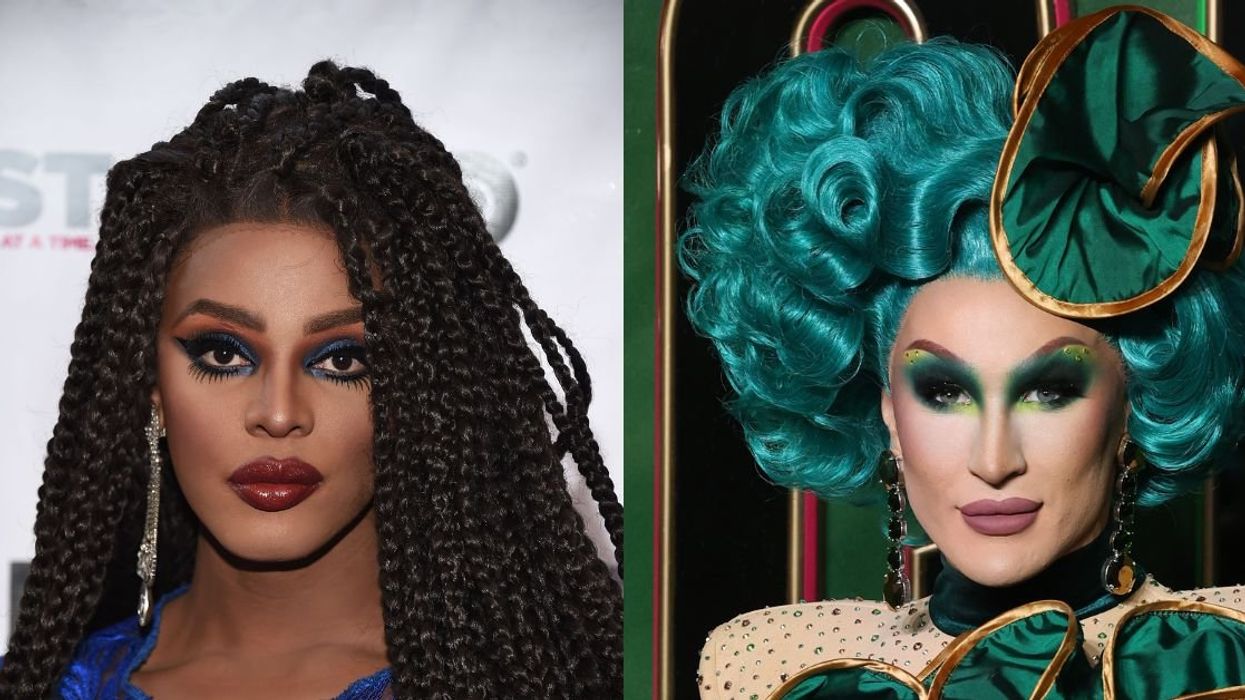
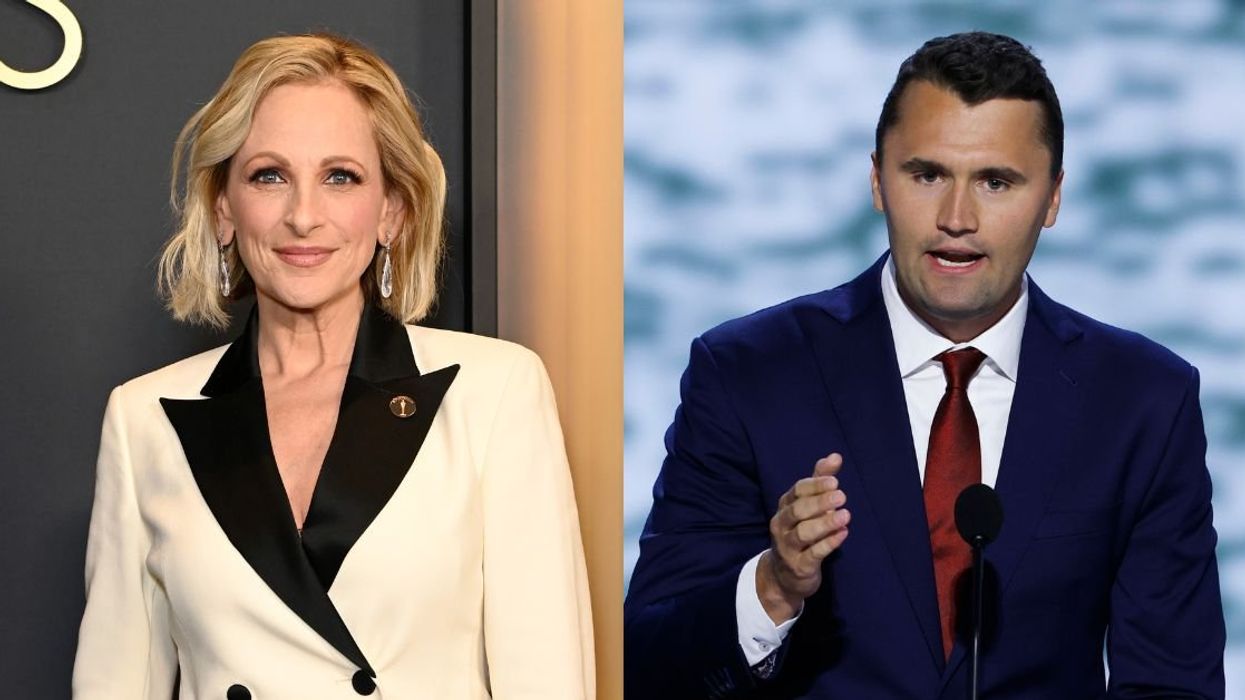

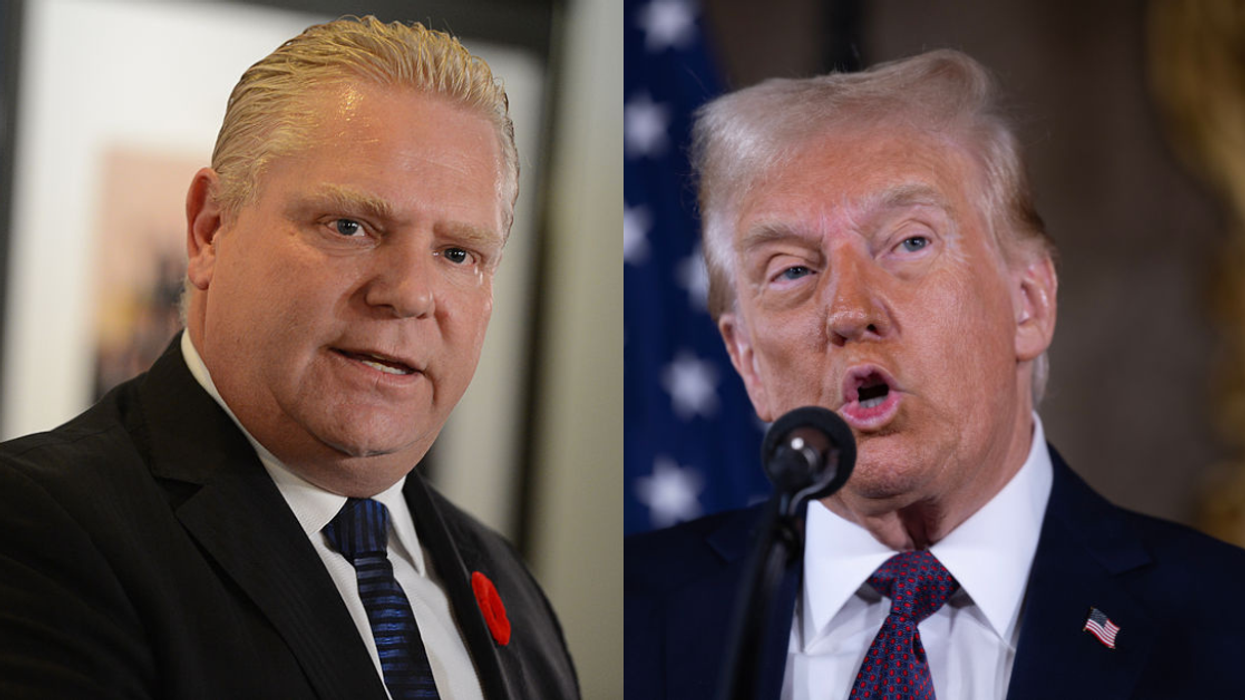





 @champmom/Instagram
@champmom/Instagram @virginmary502/Instagram
@virginmary502/Instagram @mswardvw/Instagram
@mswardvw/Instagram @jenni_rus/Instagram
@jenni_rus/Instagram